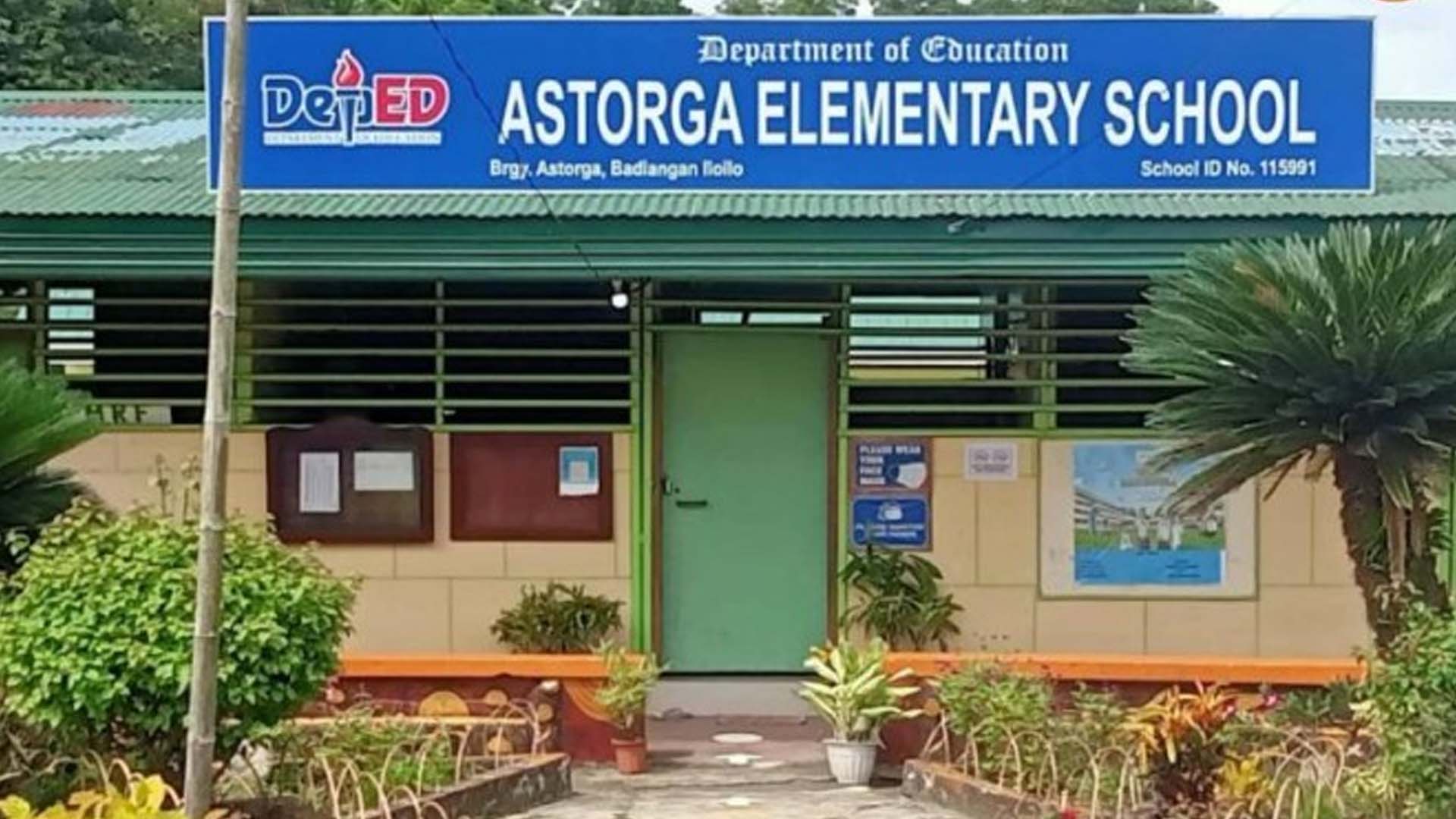Millions of learners are now studying in improved and newly built school buildings and better classrooms through the Special Education Fund (SEF) of local government units (LGUs), the Department of the Interior and Local Government (DILG) said on Monday.
In a news release, the DILG said this achievement reflects the Marcos administration’s priority to strengthen public education by providing better school facilities for children across the country.
The DILG said SEF is sourced from the additional 1 percent tax on real property, as mandated by the Local Government Code of 1991. It is allocated to support education-related programs, projects and activities.
With support from local school boards, the SEF continues to be a key mechanism for LGUs to fulfill their responsibility to provide access to quality education.
“Every structure built and classroom improved represents a step forward in ensuring that Filipino students are given the tools and spaces they need to succeed,” the DILG said.
Based on the 2024 Seal of Good Local Governance (SGLG) assessment, 77.67 percent or 1,332 LGUs utilized at least 85 percent of their SEF for education-focused programs, activities and projects.
These include 1,152 municipalities, 27 highly urbanized cities, five independent component cities, and 95 component cities. This utilization has translated to real and visible outcomes in schools and communities.
Concrete examples include the construction of classrooms in Guagua, Pampanga, specifically in Natividad High School, San Antonio Integrated High School and San Juan Nepomuceno Elementary School.
In Badiangan, Iloilo, two new SEF-funded classroom buildings were completed at Astorga Primary School.
“These projects have provided safer and more conducive learning environments for students and teachers,” the DILG said.
In addition to infrastructure, SEF also supports the procurement of books, equipment and other essential resources, with construction of school buildings as one of its most immediate and visible impacts.
The same SGLG data show that 82.33 percent or 1,412 LGUs have implemented or supported inclusive education programs such as the Madrasah for Muslim school children, while 81.28 percent or 1,394 LGUs completed projects in collaboration with external stakeholders.
About 90.32 percent or 1,549 LGUs initiated programs aligned with local education reform priorities, reflecting sustained efforts to improve educational outcomes. (PNA)







